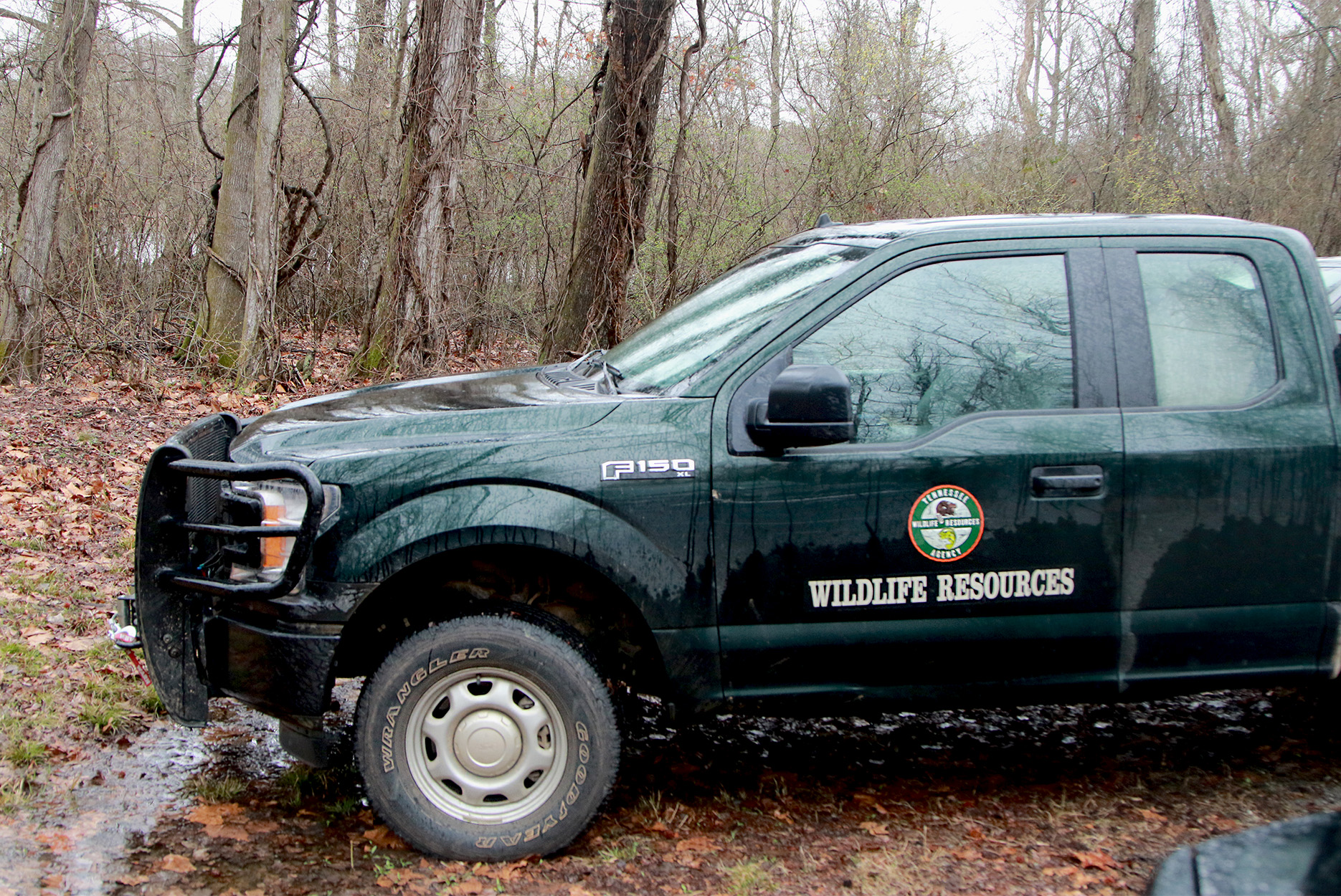
A latest courtroom ruling in Tennessee restricts a number of the powers that the state’s sport wardens have historically held when policing hunters and anglers on non-public land. In response to that ruling, which was handed down by a Court docket of Appeals on Thursday, wildlife officers can now not enter non-public property to watch, search for, or in any other case examine wildlife crimes with no warrant.
Though it would shock some People, getting into and surveilling non-public lands with out acquiring a warrant or notifying the landowner have lengthy been normal practices for a lot of state fish and sport companies. In most states that permit this, sport wardens have extra energy than police and different regulation enforcement officers relating to warrantless searches. Amongst different privileges, this statutory authority permits sport wardens to enter privately owned lands with out permission, and to hide themselves whereas investigating suspected violations of searching and fishing legal guidelines. These powers are summarized in a Tennessee regulation that enables officers with the Tennessee Wildlife Assets Company “to go upon any property, exterior of buildings, posted or in any other case” with a view to implement wildlife legal guidelines.
Learn Subsequent: Can Recreation Wardens Cling Path Cameras on Your Non-public Property?
In its unanimous resolution, a panel of three judges decided that the state’s sport wardens had been taking these powers too far, and that the present statute permitting for warrantless searches on posted non-public property is unconstitutional as utilized by TWRA. The judges even drew comparisons between TWRA’s previous actions and the tyrannies colonial People had been subjected to below British rule.
“The TWRA searches, which it claims are affordable, bear a marked resemblance to the arbitrary discretionary entries of customs officers greater than two centuries in the past in colonial Boston,” the judges wrote of their resolution. “The TWRA’s rivalry is a disturbing assertion of energy on behalf of the federal government that stands opposite to the foundations of the search protections in opposition to arbitrary governmental intrusions within the American authorized custom, typically, and in Tennessee, particularly.”
The choice stems from a lawsuit filed in Benton County Circuit Court docket by two Tennessee landowners, Terry Rainwaters and Hunter Hollingsworth, who claimed that TWRA officers carried out a number of warrantless searches on their properties, ignored “No Trespassing” indicators, and even put in path cameras there. With authorized illustration from the Institute for Justice, Rainwaters and Hollingsworth argued that these actions violated their rights below Article 1, Part 7 of the state structure.
Learn Subsequent: Man Convicted of Wildlife Crimes for Attempting to Assist Undercover Recreation Wardens Recuperate a Deer with His Drone
In defending the company’s actions, attorneys representing TWRA argued that as a result of a lot searching takes place on non-public land in Tennessee, officers can be unable to guard the state’s wildlife sources in the event that they couldn’t patrol these lands. Additionally they cited the “Open Fields Doctrine,” a federal precedent set throughout the Prohibition period that allows regulation enforcement brokers to surveil rural lands, and which states that Fourth Modification protections in opposition to unreasonable searches and seizures solely apply to somebody’s house and never their surrounding lands.
In March 2022, the circuit courtroom dominated in favor of the landowners, issuing a choice that the Institute for Justice referred to as “a victory for property homeowners statewide.” The general public curiosity regulation agency can also be engaged in a separate lawsuit that was filed on related grounds by two Pennsylvania searching golf equipment.
The TWRA appealed the circuit courtroom’s March ruling in April 2022, which kicked off the prolonged appeals course of that concluded final week. The company now has 60 days to enchantment the more moderen resolution to the Tennessee Supreme Court docket. It’s unclear if the TWRA plans to enchantment the ruling.
